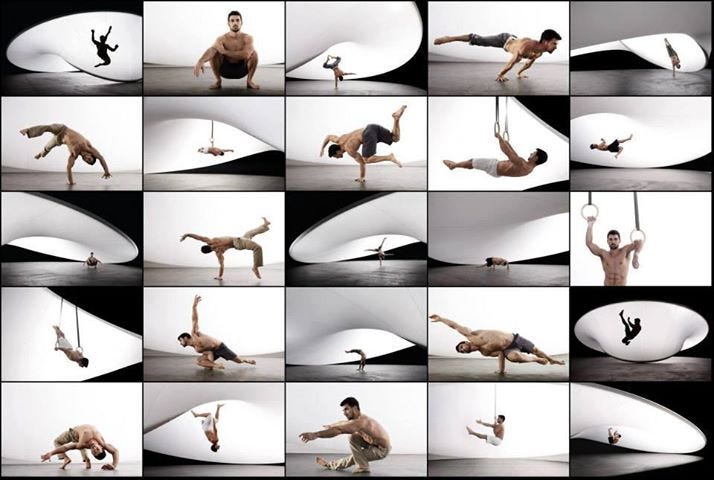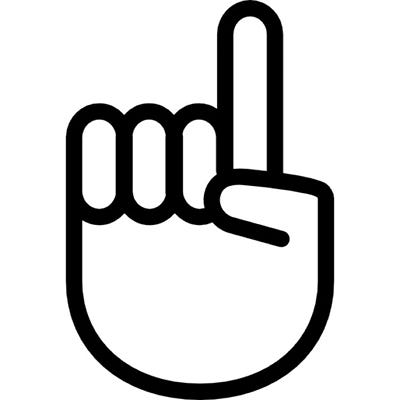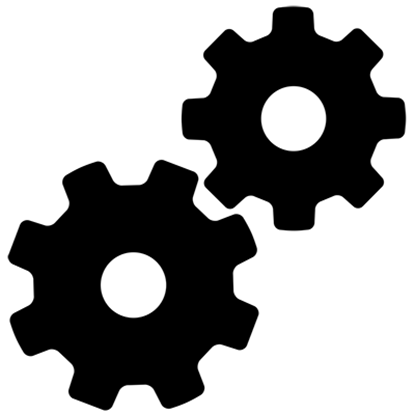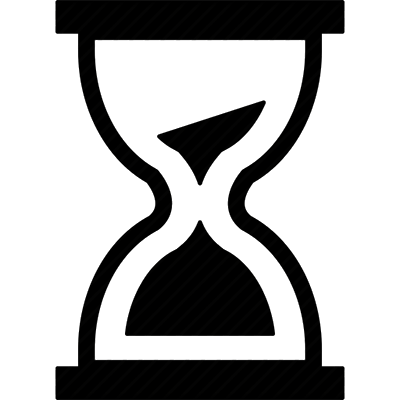Frank Geary is an expert. Ito Portal is an expert. Bob Dylan? Expert. David Ogilvy was an expert. So too was Peter Drucker. What’s their secret — how do you really become an expert at something?
Why you ask Google of course. And what you get is Peter Economy’s three simple answers: passion, focus, and practice. It’s hard to disagree with the adage that practice makes perfect. But the passion theory has come under some scrutiny. While some debunk following your passion as bad advice, recent research helps distinguish between two types: passion you fit or passion you develop.
The fit theory occurs by matching an intrinsically rewarding skill to a line of work. The develop theory is the hard slog — the kind of work that is cultivated over time through persistence and deliberate practice (and some talent doesn’t hurt either). It’s this type of work, and the expertise that might ensue, which I’m speaking of.

Focus too has come under attack, there is plenty of advice out there why we should actually fight the urge to focus. Some of the most highly creative folks in the world, like Elon Musk, refuse to focus on one thing. Or you might be wondering about Ito Portal from above — he’s actually an expert generalist. He knows a lot about capoeira, mixed martial arts, jiu-jitsu, gymnastics, dance, yoga, osteopathy, and more — but what he knows best is what these practices have in common: movement. Ito adopts the craftsman mindset which is about relentlessly putting in the work.
So in addition to passion, focus and practice I’d add some other items to the mix which go hand and hand:
Learning

Dig into any expert and there is a common characteristic across the board. They are all voracious learners. They haven’t just fallen in love with books, they have lifetime affairs with learning. Experts see clearly that learning is like exercise, it’s compound interest for the mind. “You compound the value of everything you’ve learned in the past,” explains author Michael Simmons.
Active and deliberate learning is the polar opposite of letting Google do the work for you. It involves turning your brain into an engine of information. Over time and through reflection and experience, this information converts into tacit knowledge. It’s activebecause like exercise it requires learning by thinking and by doing.
Believing
“If you will it, it is no dream,” wrote Theodor Herzl. Whether it’s playwriting or bullfighting — believing in yourself is non-negotiable. Taking the road to expertise requires you to develop a habit of facing your fears as they arise.

You think Donald Glover had fears when releasing his latest This is America video? You betcha. Do you believe he had conviction and knew deeply that America and the world needed to see it? In today’s pop culture, he possesses an unparalleled aura of confidence in the way he sees things. It’s this self-efficacy and judgment that is part and parcel of his success.
Believing means you actively seek out uncomfortable situations. This could mean getting trashed yet again by a tough crowd as an aspiring comedian or playing yet another set as a tennis pro training under Middle Eastern heat. Whatever it may be, facing that challenge head-on and moving through tension is what separates the goods from greats.
Working
Christopher Sommer is the former Olympic coach for the US men’s gymnastics team. Training some of the world’s top athletes for the better part of his life he has some straightforward advice, “Achieving the extraordinary is not a linear process…the secret is to show up, do the work, and go home.”

What we know about the creative process, is that it too is not linear. It’s erratic. It’s messy. And regardless of whether genius is innate or developed, there is no escaping the hard work and persistence that comes with becoming an expert. There is no sidestepping — rolling up the proverbial sleeves and simply getting on with it day after day, is the only way to improve. There is no shortcut for hard work.
OK, so what about productivity ninjas (Tim Ferris and Co.) that claim anyone can become world class at something in as quickly as 6 months. True you can go from a being a photoshop doofus to a pixel king in a short period of time, but I’m skeptical about the same applying to writing a remarkable symphony or becoming a neurosurgeon. For most of us — we must be mulish, and not seek the easy way there. Expertise is earned.
Timing (and Time)
“Time isn’t the main thing, it’s the only thing.” This quote by Miles Davis is what opens Dan Pink’s latest book, When. Timing can play a big role in who becomes, or gets to become the expert in a given domain. Indeed timing is one of the biggest factors in why startups succeed.

If Hedy Lamarr had invented radio frequency-hopping (a technique to ‘hop’ from one frequency to another so that Allied torpedoes couldn’t be detected by the Nazis) a bit later in history, her story may have turned out quite differently. She herself may have ‘hopped’ from acting behind the camera to taking front and centre stage as the mother of the internet.
Likewise, what would have been the fate of the Winklevoss twins if they had their timing differently? And on that note, 10 years ago it would have been impossible to be a Bitcoin expert. Read a few articles today, pick up Bitcoin for Dummies, and you can tout yourself as a bitcoin expert without so much as batting an eye. The point is that, when you start down a road to experthood, timing might just play a bigger role than you expect.
It also takes time to sharpen your sword. The years that go into honing your expertise are equally, if not more important, than your timing. We all have roughly the same amount of time — a finite resource — for which to expend our energy. Yes, 10,000 hours of deliberate practice might be the secret to the expert violinist’s success, but with innovations in training techniques, a 24-year old like Irina Zayats can memorise a shuffled deck in under one minute (beating the US record of 1 minute 40 seconds). And she can learn to do so, in just 5 days. The quantity of time it takes to become an expert really depends on the field, and it’s fast becoming the quality of this time that truly matters.
Nomatter how much you practice you might never become the master. Indeed 92-year old revered sushi chef Jiro Ono still believes he’s approaching mastery. But no matter what you may set your sights on, bearing all these items in mind will help you arrive at the destination you seek. The important thing is to ensure you join the dance and enjoy the ride. And why on earth should you listen to me? Trust me I’m an expert.
Originally published at Medium

